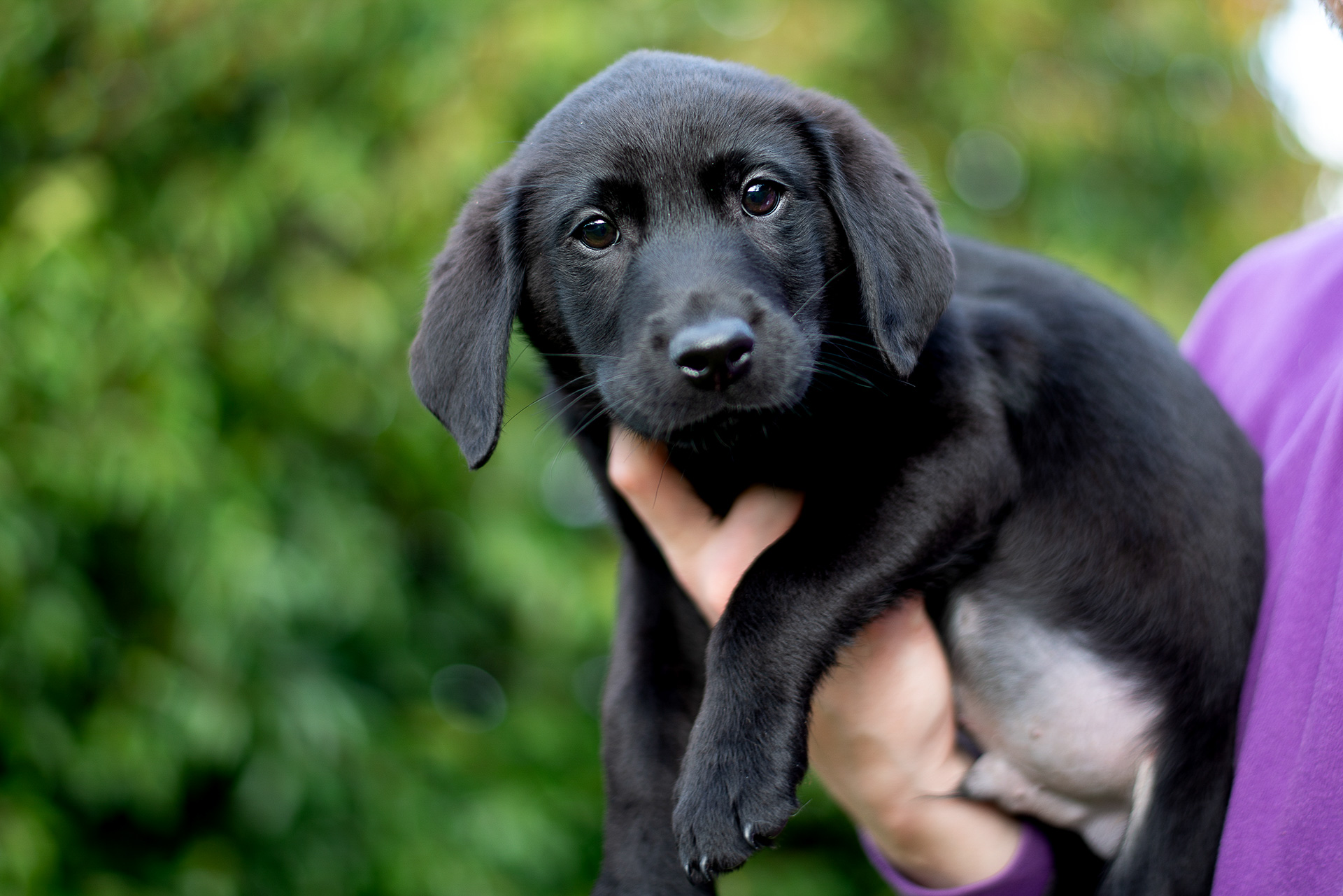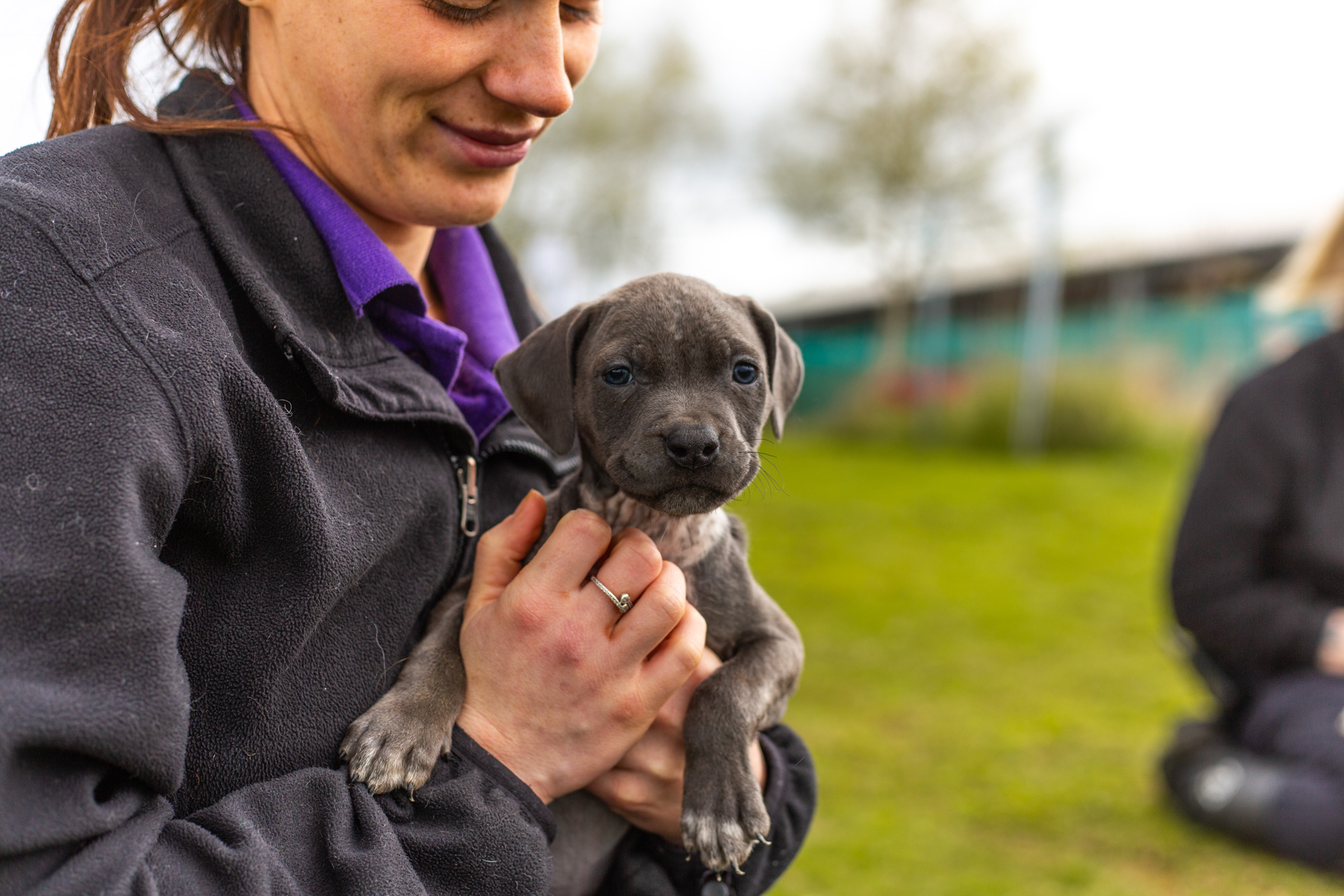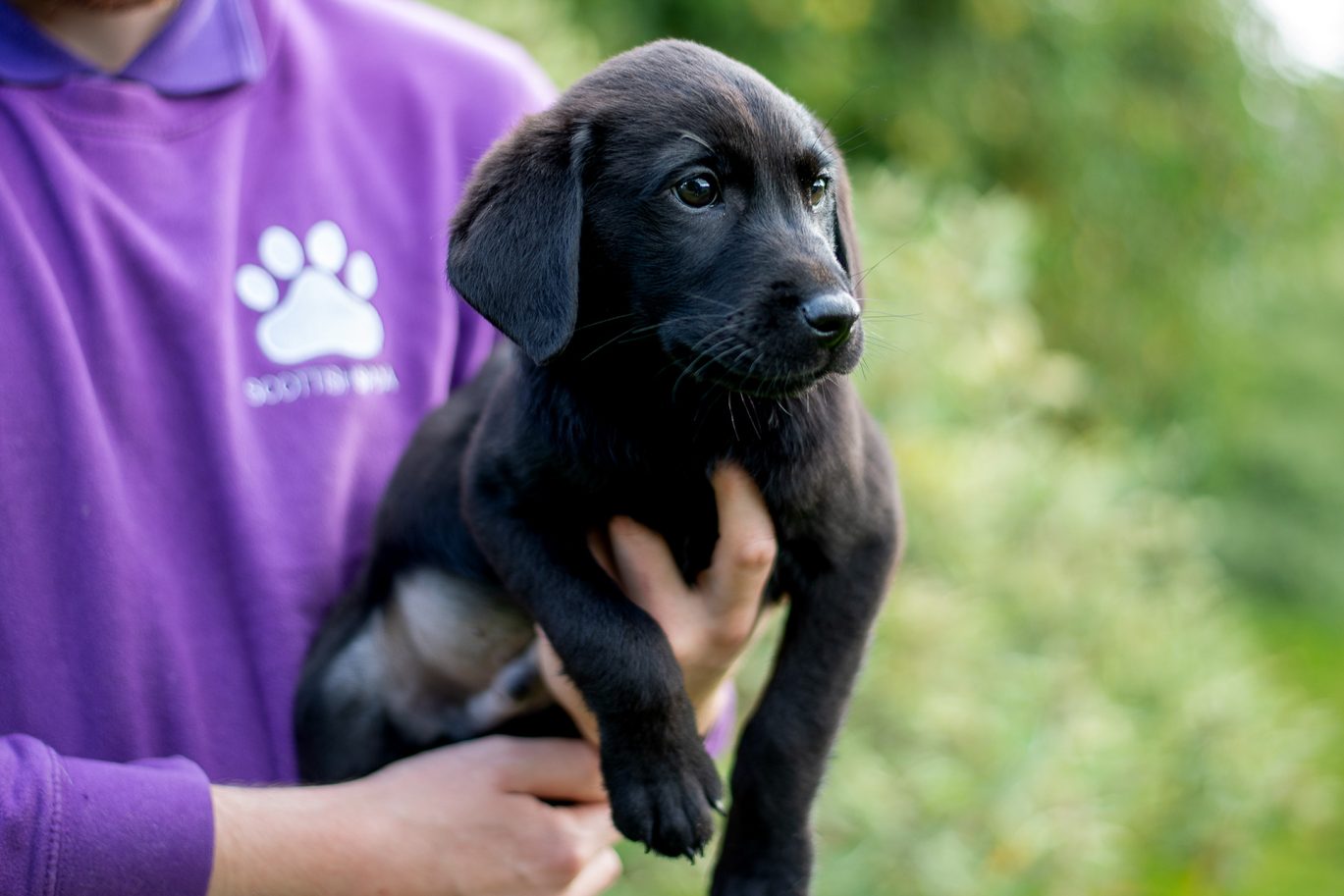
Dog Pregnancy 101: How to Prepare for Puppies
Find out all about the signs, care and what to expect when they’re expecting.
Bringing new four-legged life into the world is an exciting journey, and if your dog is expecting, you’ll want to be prepared for every stage. From the first signs to caring for her newborns, understanding best practice helps ensure a smooth and healthy experience for both mum and pups.
How long is a dog pregnant?
A female dog’s cycle is different from that of a human. They go through distinct stages, which will vary depending on the breed and other factors. They are pregnant for approximately 63 days, but this can range from 56-70.
When did my dog become pregnant?
Female dogs have a “season” approximately every six months. This is when their vulva swells and they may release a mucoid or bloody discharge. The fertile period begins immediately after this and usually lasts approximately 10 days but can range from 7-14 days. This is when they will be receptive to mating and could become pregnant.
Recognising the signs of pregnancy
Knowing your dog is pregnant earlier rather than later will help you provide the best care for your pet during this important time. You know your dog better than anyone, so keep an eye out for changes in behaviour. Early symptoms can be subtle, but here are some of the most common signs that your four-legged friend might be expecting:
- Weight gain or swollen stomach
- Getting tired or irritable easily
- Showing more affection
- Changes in appetite
If you suspect that your dog is pregnant, a vet visit can confirm it and ensure that she gets the care that she needs.
Caring for a pregnant dog
If you have a litter on the way, you’ll want to make sure your dog is as relaxed and well prepared as possible to ensure a safe and smooth pregnancy and birth. Here’s how you can support her and her puppies every step of the way:
Nutrition
A pregnant dog’s dietary needs change as her body works to support her growing puppies. High quality, nutrient-rich food is essential. You can ask your vet or local pet store expert for recommendations. And always remember to provide fresh water and avoid overfeeding, as excess weight gain can lead to complications.
Exercise and comfort
While regular exercise is still important, we recommend avoiding anything too strenuous, especially as the big day approaches. Gentle walks will keep her fit without causing stress.
Regular check-ups
These will be crucial to monitor your dog’s health and the progress of the pregnancy. Your vet can confirm the pregnancy and identify any potential concerns. They will also discuss vaccinations and parasite control to ensure she’s in the best condition for giving birth. Worming is strongly advised throughout pregnancy and after birth.
Emotional support
Pregnant dogs will often seek more affection and reassurance. Spend quality time with her offering comfort to reduce any potential stress. Ensure she has a quiet, comfortable space to rest, away from noise and disturbances.
Potential pregnancy complications
While most pregnancies go smoothly, it’s important to be aware of the warning signs of any potential curveballs and complications so that you seek veterinary attention as soon as possible.
Miscarriage or absorption
This can be caused by infections, hormonal imbalances or underlying health issues. Symptoms include abnormal discharge, lethargy or a sudden stop in weight gain.
Eclampsia
This occurs when a pregnant or nursing dog has dangerously low calcium levels. Symptoms include restlessness, muscle tremors, panting, weakness or seizures.
Dystocia (difficult labour)
Difficulty giving birth can be caused by a particularly large puppy, abnormal birth position or uterine exhaustion. Signs include prolonged straining without delivering a puppy (more than 30 minutes), more than 3 hours without active contractions between the pups being born, excessive fatigue or distress, or any black or green vulval discharge.
When to seek emergency help
If you suspect any of these complications during pregnancy or labour, don’t wait – seek veterinary advice as soon as possible. Quick action can be the difference in ensuring a safe and healthy delivery for both mother and her puppies.
What is whelping?
Whelping is just the fancy term that’s given to the process of a dog giving birth. As the big day approaches, your dog may show some signs of nesting behaviours – like looking for a place that is safe and quiet. She may even try and dig holes in the garden under bushes – a good time to introduce her to the area that you’d like her to give birth.
A whelping box lined with soft, clean bedding is the perfect spot. Make sure you keep the area warm and free from distractions to help her feel at ease.
Signs that indicate labour is imminent include:
- a drop in body temperature (about 24 hours before labour)
- restlessness, panting or nesting behaviour
- loss of appetite
- vomiting or whining
- visible contractions
Caring for newborns
Once your happy bundles begin to arrive, their mother should begin nursing them right away. However, there are a number of things to check on to make sure everything is going smoothly.
- The mother should clean her puppies by licking them right away. If not, you may need to gently wipe them using a damp cloth. This is to ensure that the membranes are cleared from the puppy’s face to allow them to breathe.
- Ensure that each puppy can latch on as the first milk (colostrum) is essential for their immunity. Then monitor them to make sure they continue to nurse regularly.
- Keep the environment as warm as possible as newborn puppies are unable to regulate their body temperature. Use a heat lamp or warming pad to regulate their environment.
- Check that each puppy is plump, active and vocal. And weigh them daily to make sure they’re steadily gaining weight.
Welcoming a litter of puppies is a special experience, but it also comes with great responsibility. Being informed and prepared ensures mum and her pups have the best chance of a healthy delivery – add plenty of love and you’ll be giving them the strongest start in life.
We’re here to help
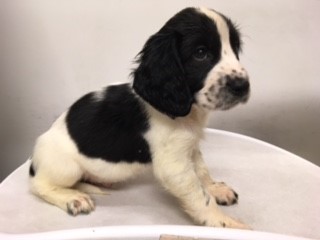
Please consider giving a one-off donation today to help us care for vulnerable dogs and newborns when they need us most.
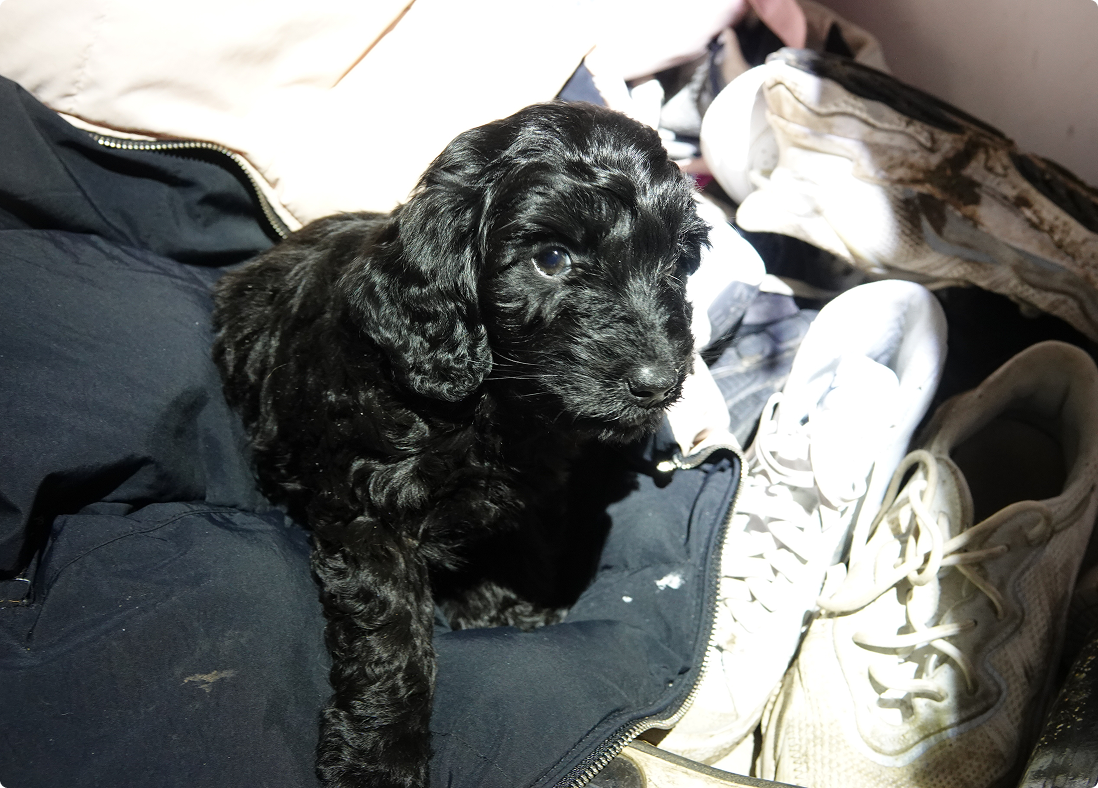
Puppies across Scotland need your help
Please consider giving a monthly donation today. Give Scotland’s animals the gift of safety this winter and beyond. The criminals involved in the low-welfare puppy trade never stop. And with your help, neither will we. Every £1 matters to puppies like Winnie.
